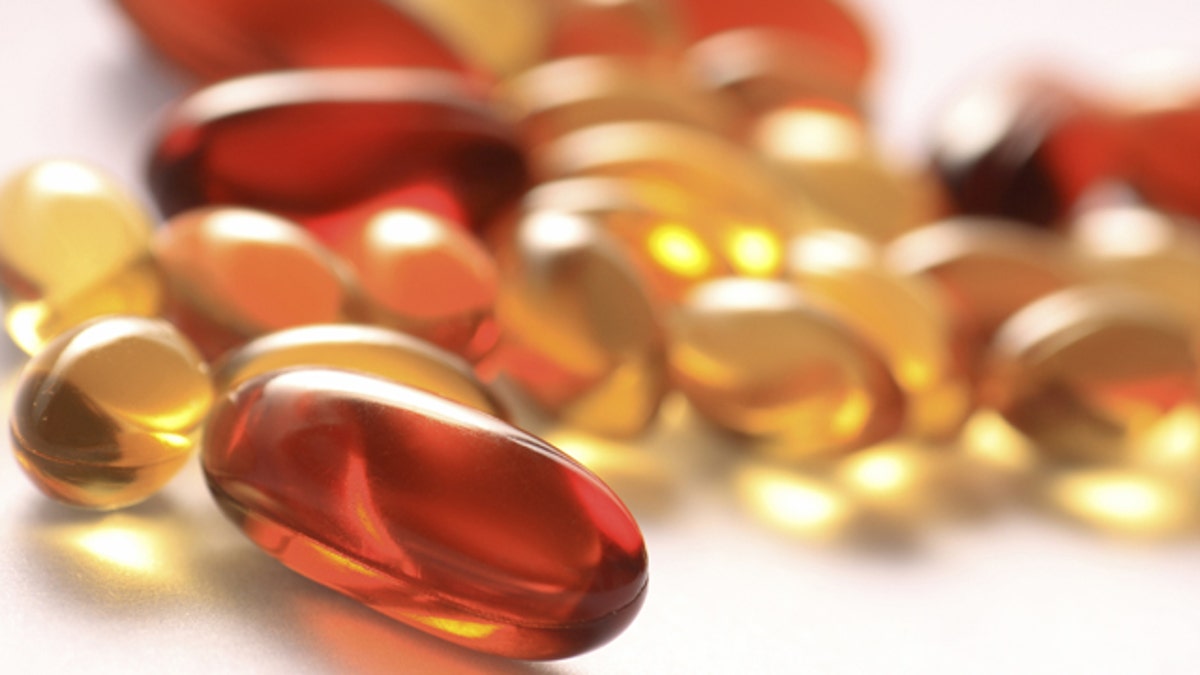
(iStock)
Popping vitamins, minerals or anti-inflammatory substances like garlic or fish oil doesn't appear to stave off bladder cancer, a large U.S. study shows.
The findings, published in the Journal of Urology, are more evidence that the alleged anti-cancer effects of such supplements, found in some early studies, don't hold up.
"If you're eating a good diet then taking extra supplements is not something that has proven health benefits," said Dr. Michael Pollak of McGill University in Montreal, a cancer prevention expert who wasn't involved in the new work.
"Going from sufficiency to excess is something that people had hoped would be an easy way to prevent cancer, but it just hasn't worked out," Pollak told Reuters Health.
The new results are based on data from more than 77,000 older men and women in Washington State, who had filled out a detailed questionnaire about their health, diet and supplement intake at the outset of the study.
Over the following six years, 330 people developed bladder cancer. Whether or not they reported taking dietary supplements had no impact on their risk, after accounting for age, smoking, fruit and vegetable intake and other factors.
"At this time we can't recommend taking any of these supplements to prevent bladder cancer," said Dr. James Hotaling, a urologist who worked on the study.
Hotaling and his colleagues looked at a wide range of substances, including multivitamins, several B vitamins, vitamin C, D, and E, calcium, magnesium, zinc, glucosamine, ginkgo biloba, fish oil and garlic.
"The number of patients who take these supplements is extremely high," said Hotaling, of the University of Washington School of Medicine in Seattle.
"It has become a million-dollar industry, and there is not a lot of data to show that these supplements make a difference" in cancer, he said.
If eating extra vitamins actually protected against the disease, he added, it would not only save lives but also a lot of money. That's because patients with bladder cancer require repeated checkups to ensure the cancer doesn't return after they've had surgery.
According to the American Cancer Society (ACS), about one in 26 American men and one in 84 women get bladder cancer.
"No nutritional supplement has been proven to reduce risk of cancer and the American Cancer Society does not recommend using supplements to prevent cancer," ACS's Eric Jacobs told Reuters Health in an e-mail.
It's not all bad news, however.
"Some of the things that are much harder to do than taking vitamins are actually much more effective, like stopping smoking or avoiding obesity," said Pollak.
